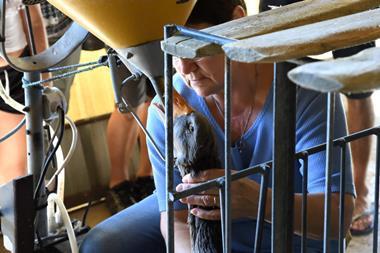
Renewable energy has to be central to efforts to reach net zero. Moving quickly to boost investment in wind and solar power can create jobs, keep our energy supply secure and potentially lower bills.
However, there are a number of challenges that could block or delay the transition.
Russia’s invasion of Ukraine and post-pandemic commodity price and supply chain challenges have combined to cause a global energy crisis. British households and businesses are facing difficult years ahead, as energy prices drive inflation in an environment of macroeconomic uncertainty.
An economic downturn and limits on available government directed resource mean energy policy must be carefully considered if it is to have maximum impact, and for net zero to remain achievable.
An effective mass-rollout of homegrown renewable generation could offer protection against volatile fossil fuel prices.
Now is the time to help businesses invest in renewable energy. As part of a multimillion-pound programme, The Co-op will increase the proportion of directly traceable renewable energy we use.
Yet, it’s clear grid decarbonisation isn’t going fast enough. Current projections suggest the grid will only be at 58% renewable generation by 2030, which still leaves us vulnerable to global events, misses opportunities to create growth and gets us no nearer to net zero.
The credibility of the Renewable Energy Guarantees of Origin (REGO) scheme has also been questioned. It was introduced to provide a way of accrediting renewable generation, but many stakeholders have raised concerns about the state of the current scheme and its fitness for the future.
Uncertainty around the scheme is compounded by potential reform of labelling of renewable energy tariffs due to concerns of ‘greenwashing’.
There is a general perception that the REGO mechanism is in some way designed to support the building of additional renewable generation – effectively acting as an additional subsidy for renewable generators. However, a review of the legislation does not support this view. The use of REGO certificates does not directly lead to further investment in renewable energy sources.
We remain committed to doing the right thing for the planet, which is why we are directly investing in projects that will help to green the energy grid so there is more green energy available, for the benefit of all businesses and homes across the UK.
This is the most effective way to deliver on our net zero promise, rather than paying for a certificate that allows us to market our energy as 100% renewable but doesn’t create more renewable energy capacity for the country.
With renewable energy now cheaper than the alternative, quicker to source and better for the environment, there’s no excuse not to prioritise greater support for greening the grid. We need action now.



















No comments yet